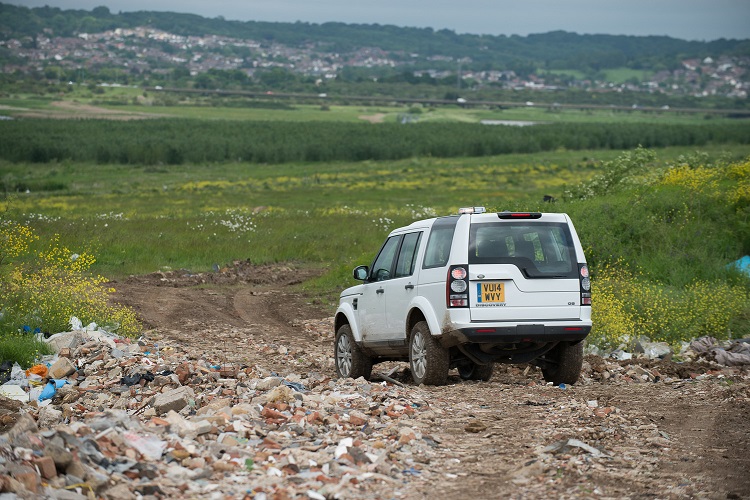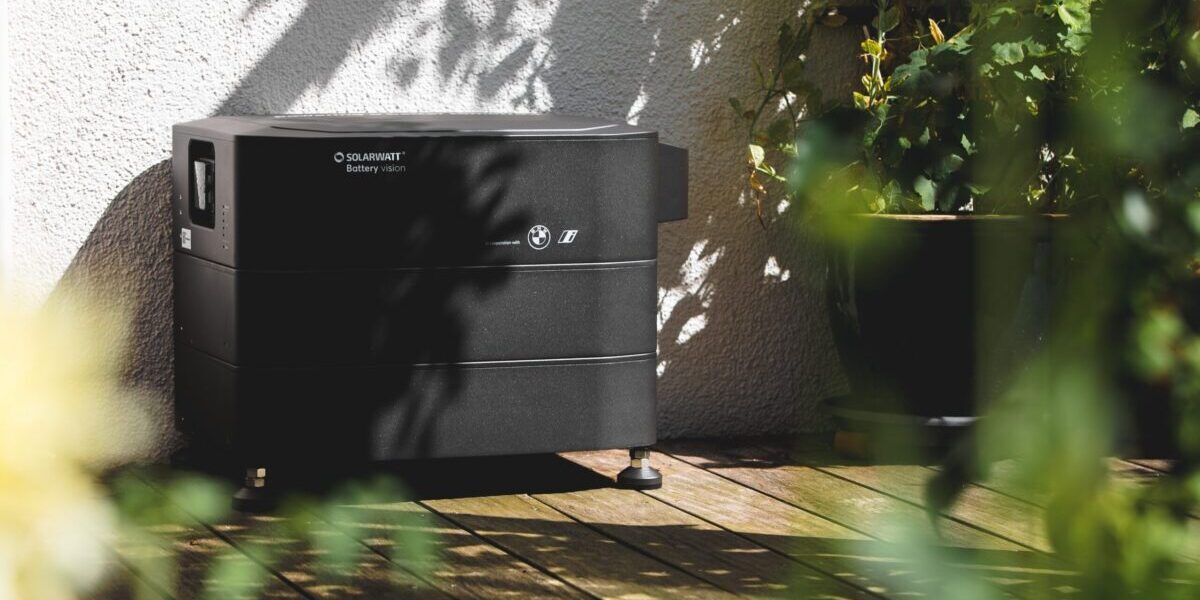The steady transformation of the British energy network is set to receive another positive shot in the arm following the news that resource management company Veolia has secured planning permission to install 70 MW of solar power at three landfill sites across England.
The three sites are at Netley in Hampshire, Ling Hall in Warwickshire, and Ockendon in Essex, and will comprise solar arrays of 12 MW, 12 MW and 46 MW respectively.
Working alongside REG Power Management and Ethical Power, Veolia has also identified a handful of other locations in the U.K. that could be fertile ground for clean energy development. The company has begun seeking innovative ways to better utilize its landfill sites to add value, all as part of its landfill restoration program.
Across the U.K., landfill occupies 2,000 hectares, which Ethical Power calculates could support 800 MW of solar generation capacity. “We have adopted innovative approaches to design and implementation of solar schemes, in particular on less sensitive or productive land such as landfill,” said Ethical Power investment director Stuart Whiteford.
Veolia hopes to secure planning permission to install solar parks at the following landfill locations: Pitsea and Rainham in Essex; Wapseys Wood in Buckinghamshire; Albion in Leicestershire, and “several others” throughout Hampshire and the West Midlands.
The Netley landfill site already has a 5 MW solar farm installed, and Veolia will oversee the expansion of that plant to 12 MW later this year, the company confirmed.
This project is being run alongside work to improve the biodiversity across numerous landfills with enhancements being undertaken to protect the U.K.’s ecology. Examples include: creating habitat for water vole at Alder Carr in South Yorkshire; the management of habitat for Twites near Oldham; and the preservation of bee orchids in Essex. This is in addition to the planting of wildflower meadows as well as the general planting of trees and shrubs to provide food and shelter for animals large and small, while offsetting CO2, with the aim of protecting local habitats and to help prevent the disappearance of species from local areas.
This content is protected by copyright and may not be reused. If you want to cooperate with us and would like to reuse some of our content, please contact: editors@pv-magazine.com.



By submitting this form you agree to pv magazine using your data for the purposes of publishing your comment.
Your personal data will only be disclosed or otherwise transmitted to third parties for the purposes of spam filtering or if this is necessary for technical maintenance of the website. Any other transfer to third parties will not take place unless this is justified on the basis of applicable data protection regulations or if pv magazine is legally obliged to do so.
You may revoke this consent at any time with effect for the future, in which case your personal data will be deleted immediately. Otherwise, your data will be deleted if pv magazine has processed your request or the purpose of data storage is fulfilled.
Further information on data privacy can be found in our Data Protection Policy.